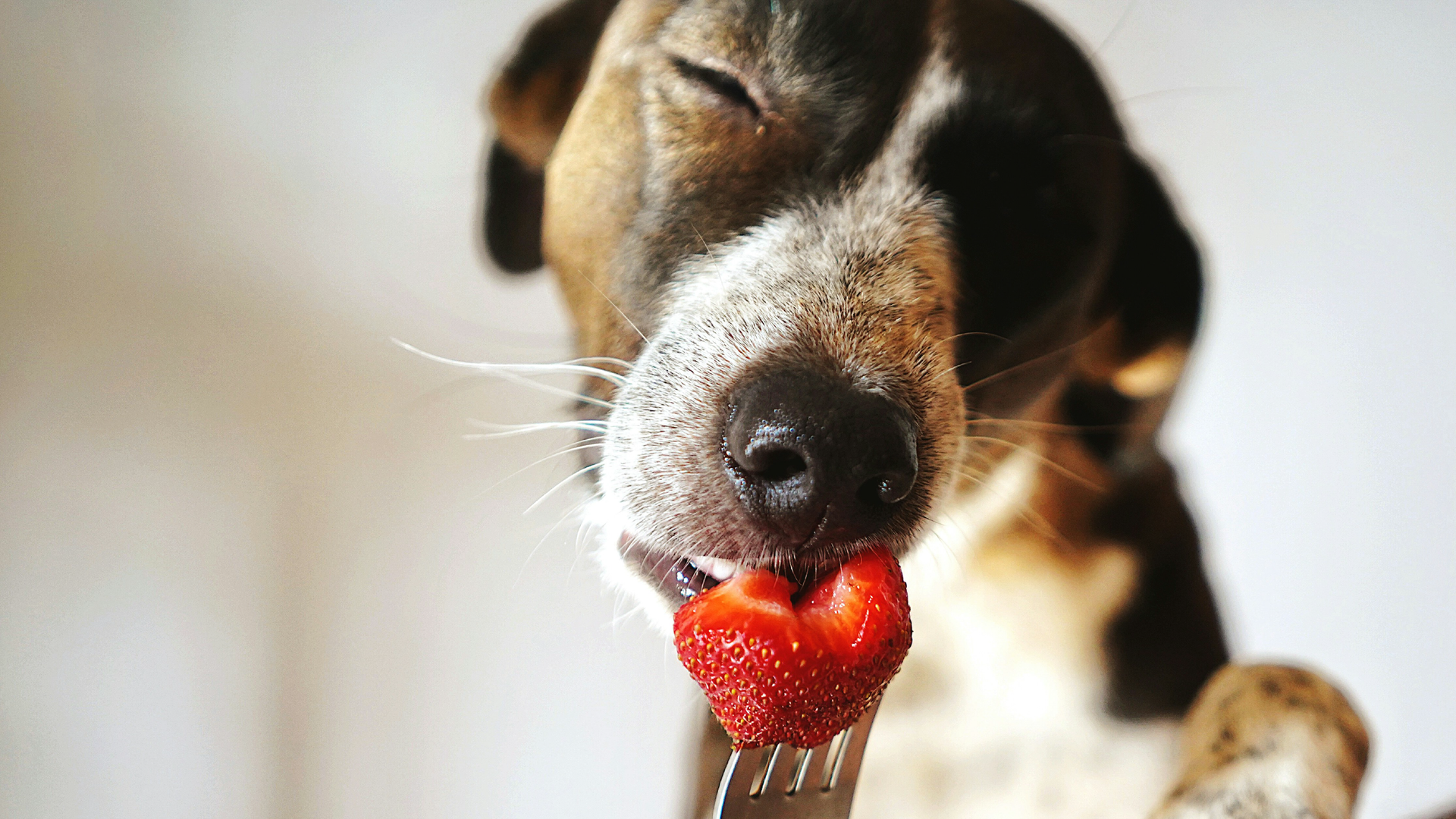A healthy gut is one of the cornerstones of your dog’s wellbeing. The digestive system is responsible not only for breaking down food but also for absorbing nutrients, supporting immunity, and even influencing mood and behavior. When digestion is off balance, it can affect every part of your dog’s life — from energy levels to coat condition.
This guide will walk you through how your dog’s digestive system works, the most common issues to look out for, and the steps you can take to keep it healthy.
How the Digestive System Works in Dogs
Once your dog eats, the digestive system begins a complex process:
- Mouth & Teeth – Food is broken down mechanically through chewing and mixed with saliva.
- Stomach – Stomach acids and enzymes start digesting proteins and killing harmful bacteria.
- Small Intestine – Nutrients are absorbed into the bloodstream with the help of enzymes and bile.
- Large Intestine (Colon) – Water is absorbed, and healthy bacteria further break down food particles.
- Gut Microbiome – Trillions of microorganisms help with digestion, nutrient absorption, and immune defense.
When all these parts work in harmony, your dog gets the most from their food while staying comfortable and energetic.
Signs of Digestive Issues
Digestive problems can show up in many ways. Some are short-term and harmless, while others need veterinary attention. Common symptoms include:
- Loose stools or diarrhea
- Constipation or straining
- Vomiting
- Excess gas or bloating
- Loss of appetite
- Weight loss or poor body condition
- Dull coat or low energy
If symptoms last more than a few days, or if your dog shows signs of pain, always check with your vet.
Causes of Digestive Upsets
Digestive issues can be triggered by several factors, such as:
- Dietary indiscretion (eating spoiled food, garbage, or non-food items)
- Sudden diet changes without gradual transition
- Food allergies or intolerances to proteins, grains, or additives
- Parasites like worms or giardia
- Infections (bacterial or viral)
- Stress or anxiety that affects gut function
- Underlying health conditions like pancreatitis, IBD, or liver disease
Everyday Ways to Support Your Dog’s Gut Health
1. Feed a Balanced, High-Quality Diet
Choose a diet that matches your dog’s life stage and health needs. Premium foods often contain easier-to-digest proteins, supportive fibers, and added nutrients for overall gut health.
2. Transition Foods Slowly
Introduce new foods over 7–10 days by mixing with the old food in increasing amounts. This gives the gut microbiome time to adjust.
3. Encourage Hydration
Fresh water helps with digestion and stool quality. For picky drinkers, add low-sodium bone broth to encourage fluid intake.
4. Include Digestive Superfoods
Certain safe human foods can help naturally:
- Plain cooked pumpkin – rich in fiber; helps with both diarrhea and constipation
- Dog Specific Bone broth – gentle on stomachs; may support gut lining health
- Plain yogurt or kefir – natural probiotics (only if your dog tolerates dairy)
- Blueberries & spinach – antioxidant-rich foods that reduce inflammation
⚠️ Always check with your vet before adding new foods, especially for dogs with allergies or chronic conditions.
5. Add Probiotics & Prebiotics
- Probiotics (beneficial bacteria like Lactobacillus or Enterococcus) help restore microbial balance, especially after antibiotics or stress.
- Prebiotics (fibers like chicory root, beet pulp, or inulin) act as food for good bacteria, helping them grow and crowd out harmful microbes.
Top picks:
PAW By Blackmores DigestiCare Digestive Health Probiotic
Protexin Synbiotic D C Probiotic & Prebiotic
These can be found in powders, supplements, or certain commercial diets. You can shop our complete range here.
6. Consider Digestive Enzymes & Antioxidants
- Digestive enzymes may help dogs who struggle to process fats, proteins, or carbs.
- Antioxidants (like Vitamin C, E, or plant extracts) soothe the gut lining and support immune defense.
7. Keep a Consistent Routine
Stress can upset the gut just as much as food can. Consistent mealtimes, exercise, and rest help regulate digestion.
When to See a Vet
Some digestive issues resolve quickly, but chronic problems may signal something more serious. Seek veterinary care if your dog:
- Has diarrhea or vomiting lasting more than 48 hours
- Shows blood in stool or vomit
- Refuses food or water
- Becomes lethargic or loses weight
- Has recurring digestive problems
A strong digestive system means more than avoiding tummy troubles — it’s the foundation of your dog’s health, immunity, and vitality. By combining a balanced diet with supportive supplements, natural remedies, and consistent care, you can help your dog’s gut thrive.
